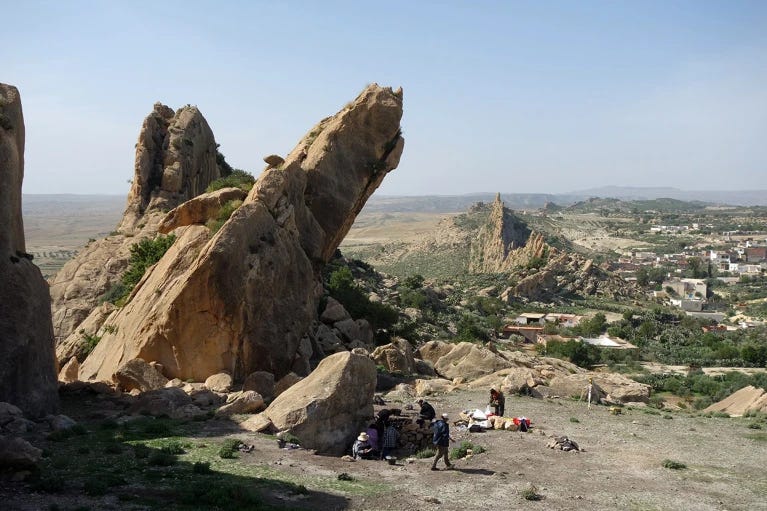Ancient DNA Reveals Europeans Voyaged By Sea To Maghreb
Manage episode 471073134 series 3444207
For decades, the story of agriculture in the Mediterranean has been told as a wave of migration—Neolithic farmers from the Near East expanding across Europe, replacing or mixing with hunter-gatherer populations along the way. North Africa, however, has always been an outlier in this narrative. Some scholars have suggested that local foraging groups resisted farming altogether, surviving on land snails, wild plants, and game long after their European and Levantine neighbors had adopted agricultural practices. Others proposed that migration from Europe brought domesticated animals and crops but left little genetic trace.

Now, a study published in Nature1 by a team of researchers led by geneticist David Reich at Harvard Medical School provides the first genetic evidence to clarify what actually happened in the eastern Maghreb (modern Tunisia and northeastern Algeria). By sequencing the genomes of individuals who lived in the region between 15,000 and 6,000 years ago, the researchers discovered a story of continuity rather than replacement.
“There’s not been much of a North African story,” Reich explains. “It was a huge hole.”
Rather than a sweeping demographic shift, the DNA suggests that local foragers maintained a strong genetic presence even as farming slowly made its way into the region. The results challenge long-held assumptions about how agriculture spread, showing that North African societies adapted new food-producing strategies while preserving their ancestral genetic identity.
15 episodi




